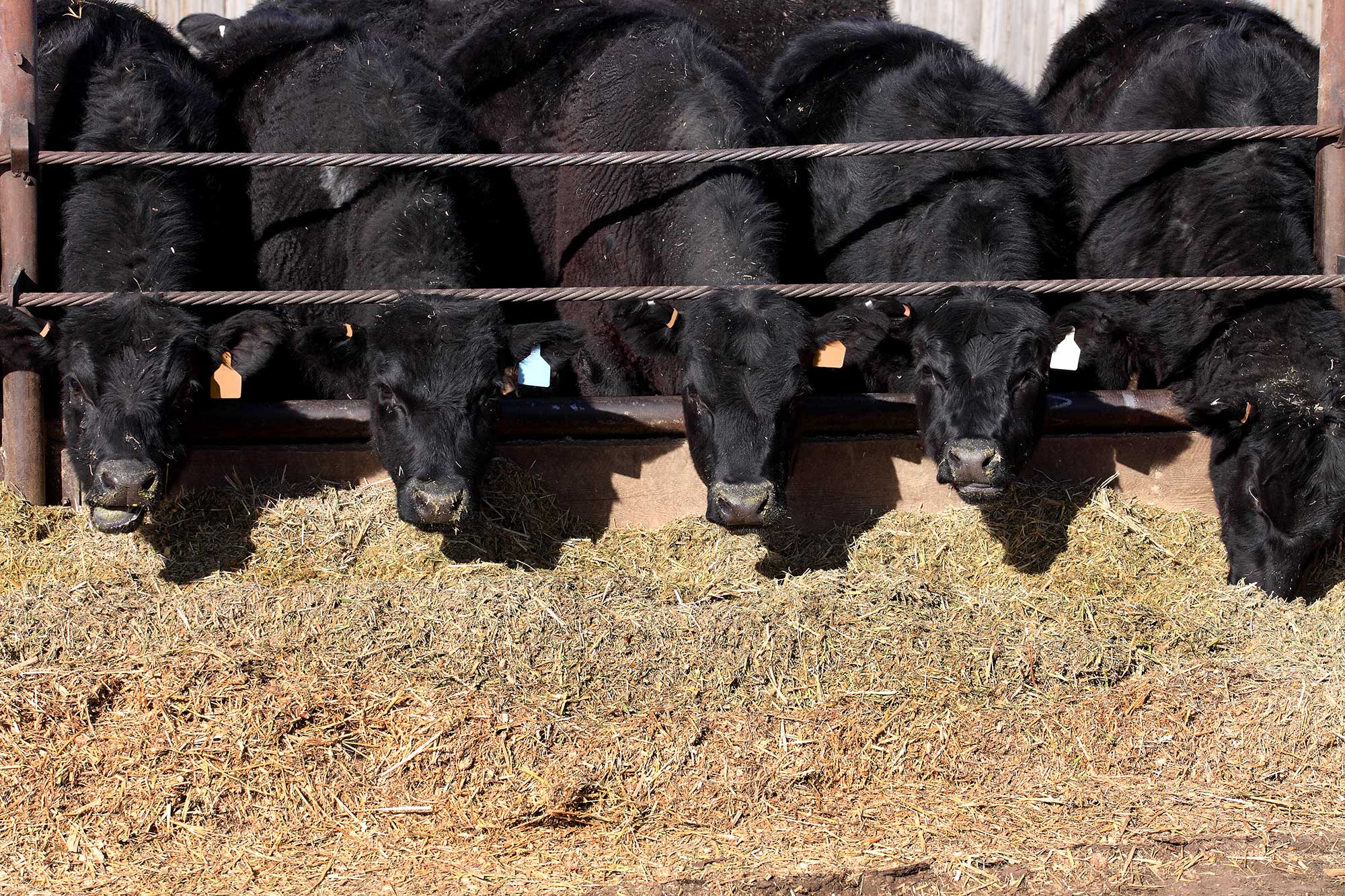JBS USA has announced $200 million in investments at its beef production facilities in Cactus, Texas, and Greeley, Colorado. The projects include a state-of-the-art fabrication floor and an expanded ground beef room in Cactus, as well as a new distribution center in Greeley. Construction is set to begin at some point this year.
The companies say these investments aim to improve efficiencies and potentially increase production capacity, benefiting cattle producers, consumers, JBS team members, and the rural communities surrounding these facilities.
“We believe now is the time to invest in the United States, and we are excited about what the future holds,” said Wesley Batista Filho, JBS USA CEO. “Today’s announcement demonstrates our commitment to the U.S. beef industry and the American farmer and rancher. At JBS, we prioritize ongoing investments in our facilities to ensure our company and the rural areas where we live and work are positioned for success now and in the future.”
The Cactus facility, located in the Texas Panhandle, employs over 3,700 workers and partners with multiple cattle producers, purchasing $2.9 billion in livestock annually.
“As the representative of the largest fed cattle district in the nation, I applaud JBS USA for their continued investment in the Cactus, Texas, beef production facility,” said U.S. Rep. Ronny Jackson. “This expansion will improve production capacity for our ranchers and cattle feeders in the Texas Panhandle and bring much-needed efficiencies to the facility that will help strengthen our beef supply chain and keep American agriculture competitive and resilient.”

The Greeley facility, located in Northern Colorado, employs over 3,800 workers and collaborates with more than 175 producers, purchasing $3.1 billion in livestock annually.
“As the largest employer in Weld County, JBS USA has consistently invested in our community to create jobs and support local projects,” said U.S. Rep. Gabe Evans. “This announcement ensures that the cattle producers and the local businesses that support the facility will continue to thrive and prosper. I applaud JBS USA for this strategic investment and look forward to seeing the finished project.”
Beyond facility upgrades, JBS has invested over $15 million in Cactus and Greeley communities through its Hometown Strong and Better Futures programs. These initiatives have funded local projects, including an aquatic center, baseball fields, park renovations, a food bank truck, STEM labs in local schools, and affordable housing developments. Additionally, more than 500 JBS employees and their children in Cactus and Greeley have enrolled in the company’s tuition-free community college assistance program, with over 30 graduates since the initiative’s launch in 2021.
However, JBS has been under scrutiny following its involvement in child labor violations. The company recently agreed to provide $4 million to assist individuals and communities affected by unlawful child labor practices. These funds will support scholarships, job training, and community organizations. JBS has also terminated contracts with Packers Sanitation Services and implemented strict compliance measures, including a zero-tolerance policy for child labor violations in its supply chain.
To further address the issue, JBS will host industry-wide child labor prevention symposiums, hire a compliance specialist, and implement community outreach and training programs to raise awareness and prevent illegal youth employment.
Additionally, the company is facing pressure from the activist group Ban the Batistas, which continues its campaign against JBS ahead of an April 26 board vote on reinstating Joesley and Wesley Batista. The Batista brothers, who previously led the company, have faced insider trading allegations. Ban the Batistas is calling for a global consumer boycott of JBS brands in grocery stores worldwide. The shareholder vote on their reinstatement will take place at the company’s annual meeting in New York City.
As JBS moves forward with its facility investments and community initiatives, the company remains under fire from critics questioning its labor practices and leadership decisions.


:max_bytes(150000):strip_icc()/8293232288_8da55cc72e_o-b324a9331b0a48b487dd867154d53c50.jpg)
:max_bytes(150000):strip_icc()/DSC_5569-scaled-e1745358337245-2048x1551-a1a093af80584792b8bb89e4f47d4926.jpg)
:max_bytes(150000):strip_icc()/103097774-2000-1043a1eebcd2426697f44faf1d9719a5.jpg)


:max_bytes(150000):strip_icc()/7021211UnverferthSeedRunner3755XL3_preview-38937bc35ec9441ab3433a428560f2ee.jpg)
:max_bytes(150000):strip_icc()/52016494295_32bfe04e14_c-2-1afb28f81f99447ab23e8a01cf302cd3.jpg)
:max_bytes(150000):strip_icc()/Brendan-SmialowskiAFPviaGettyImages-Donald-Trump-Reciprocal-Tariffs-April-2-20252207589702-f18fb45cad3b49e792a16608653e4820.jpg)